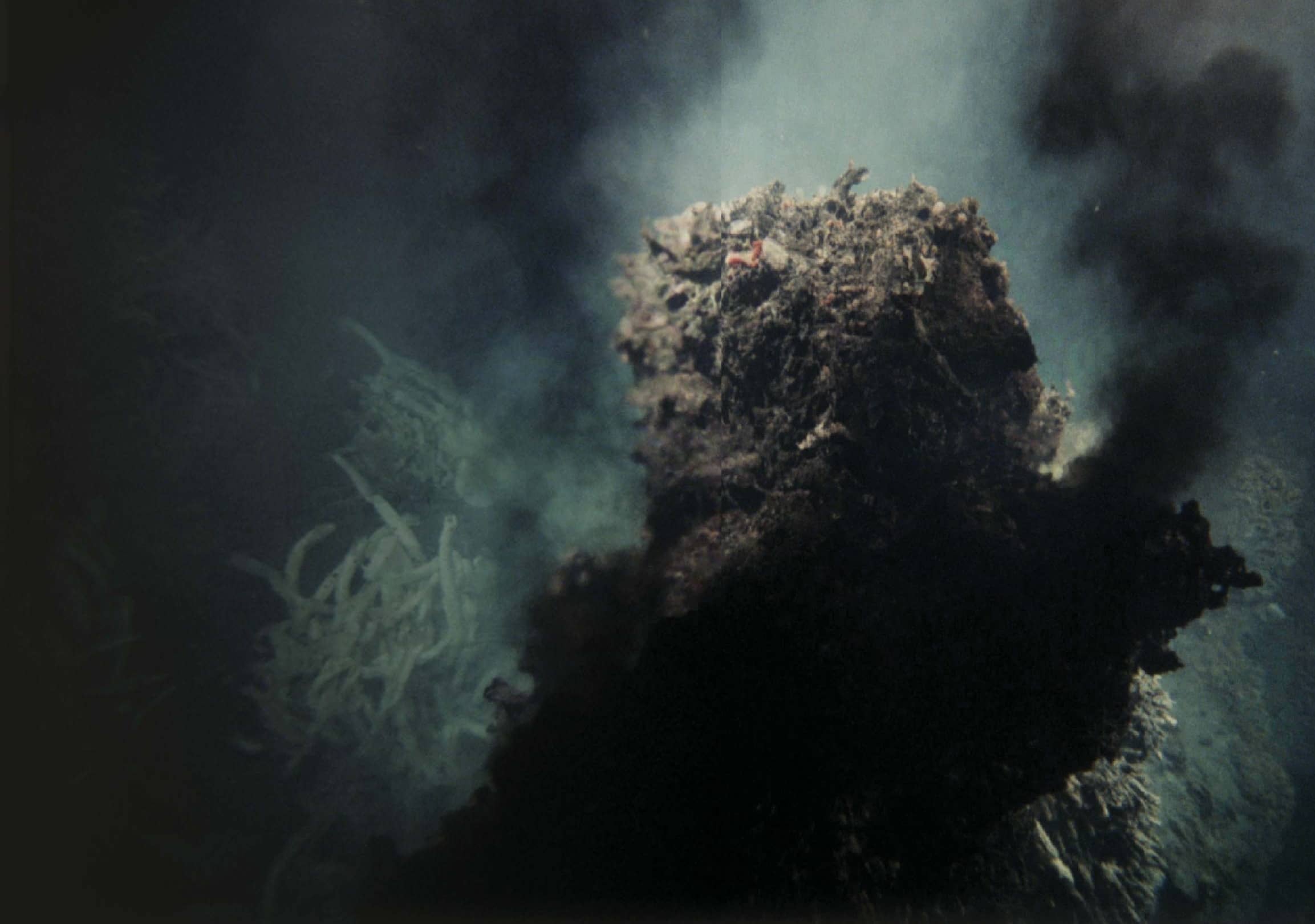Poging GOUD - Vrij
DISTURBANCE IN THE DEEP
BBC Wildlife
|Spring 2021
With land resources rapidly depleting, eyes are turning to the seabed as a whole new source of metals. But at what cost to marine wildlife?

Giant, electric mining machines, thundering across the deep seabed miles under water, may seem the stuff of science fiction – like the idea of mining asteroids, or the moon – but they could soon become a reality. Plans paving the way towards the first deep-sea mines were delayed by the pandemic but are likely to move ahead in 2021. If they do, this could give the green light to a brand-new way for humans to exploit the planet’s resources.
Interest in deep-sea mining began in the late 1960s, when corporations explored the possibilities of gathering metal-rich rocks scattered across abyssal plains. Resembling lumps of coal, these nodules take millions of years to form as dissolved minerals in seawater settle onto a hard nucleus, such as a fragment of ancient shark tooth or whale ear bone. The mix of metals usually includes about one-third manganese, plus smaller amounts of cobalt, nickel and rare-earth metals. Several tonnes of nodules were brought up in the 1970s, demonstrating that the industry was technically possible. Nevertheless, following a crash in global commodity prices, the first wave of deep-sea mining didn’t take off.

Dit verhaal komt uit de Spring 2021-editie van BBC Wildlife.
Abonneer u op Magzter GOLD voor toegang tot duizenden zorgvuldig samengestelde premiumverhalen en meer dan 9000 tijdschriften en kranten.
Bent u al abonnee? Aanmelden
MEER VERHALEN VAN BBC Wildlife

BBC Wildlife
SNAP-CHAT
Isaac Szabo talks hellbenders, chub nests and bears on the roof
3 mins
December 2025

BBC Wildlife
Why are the tropics so diverse?
AS YOU MOVE FROM THE POLES towards the equator, species richness increases.
1 mins
December 2025

BBC Wildlife
Magnificent frigatebird
ONE MIGHT BE FORGIVEN FOR thinking that pterodactyls had been de-extincted upon first sighting the silhouette of a magnificent frigatebird.
3 mins
December 2025

BBC Wildlife
YEAR OF THE CAT
Once a phantom of Chile's windswept peaks, this plucky feline is making a comeback
3 mins
December 2025

BBC Wildlife
KATE BRADBURY
“I feel I am part bird at this point at the year's end: I'm ready for spring”
2 mins
December 2025

BBC Wildlife
SNOW DAYS
High in the boreal forests of Colorado, the snowshoe hare lives a secretive life. But one photographer has gained a unique window into its world
3 mins
December 2025

BBC Wildlife
A journey into sound
Progressive hearing loss prompted a memorable quest to absorb nature's calls and choruses
7 mins
December 2025

BBC Wildlife
WILD IN THE CITY
A huge parliament of long-eared owls has made an unlikely home in a Serbian town square
2 mins
December 2025

BBC Wildlife
Birds follow the flames
In the Sierra Nevada of California, fire gives some birds a boost
1 mins
December 2025

BBC Wildlife
Remembering Jane
The ethologist, conservationist and humanitarian Dr Jane Goodall died in October. We reflect on the woman who gave the world hope
5 mins
December 2025
Translate
Change font size

